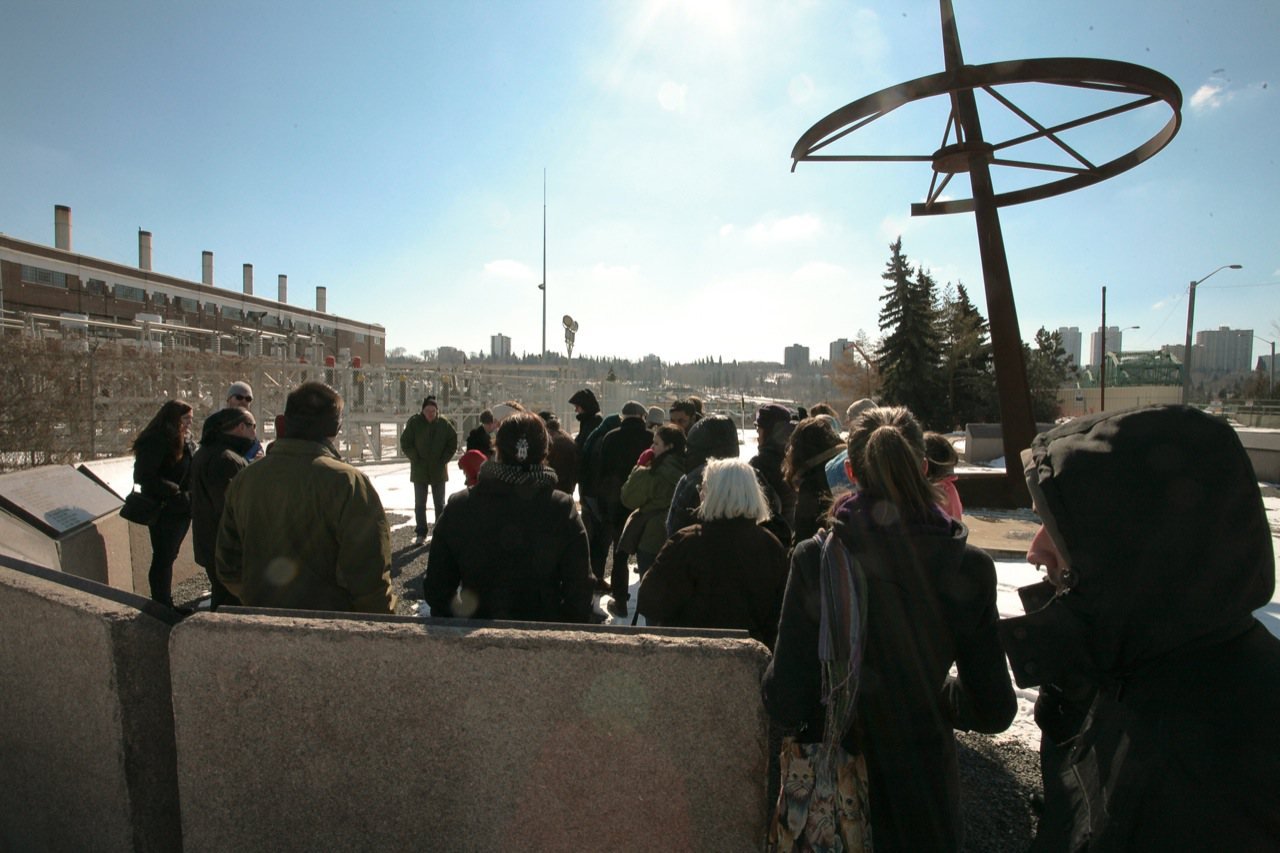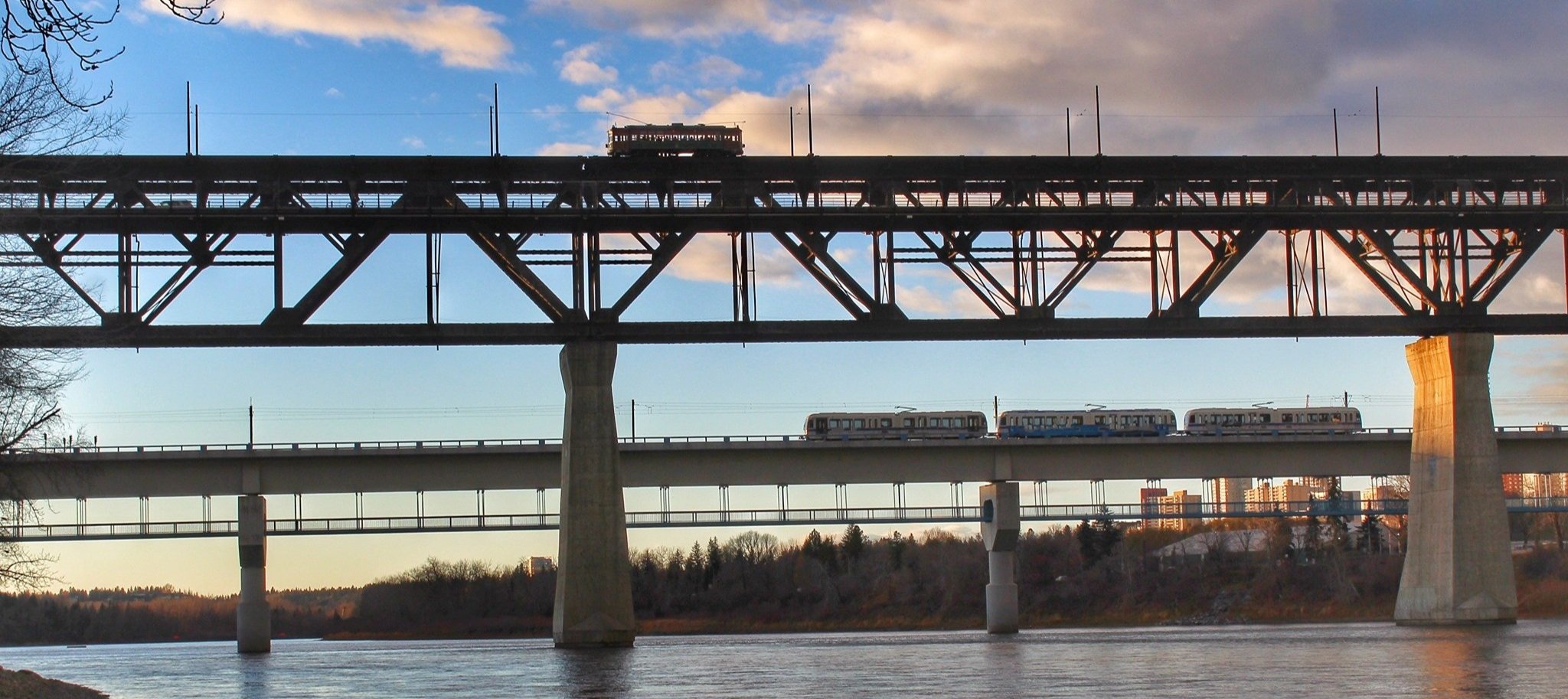
Connecting people with the stories of their city.
Our vision is an Edmonton that embraces its diverse heritage, inclusive of all people, communities, and cultures on Treaty 6 Territory, consistent with the principles of Truth and Reconciliation.
Our mission is to connect people to the stories of our city by helping Edmontonians research, preserve, interpret, and advocate for our heritage.
Empowering Edmonton's Heritage through inclusive Grant Programs
We administer multiple grant streams including the Heritage Community Investment Program (HCIP) and Funding Indigenous Resurgence in Edmonton (FIRE).
These grants strengthen Edmonton's heritage sector by supporting organizations that preserve and share our city's diverse stories, build capacity, create innovative programming, advance Indigenous-led initiatives, and engage all residents in our collective heritage. This includes all the diverse peoples who call Edmonton and Treaty 6 home.
Our Initiatives
We also support a number of heritage initiatives that explore Edmonton’s past and present, and look toward the city’s future with the goal of providing Edmontonians a deeper understanding of who they are.

Join a movement to make heritage an indispensable
part of community and civic life.
Stay up-to-date and connected with the latest in EHC news, community events, and opportunities to engage in Edmonton's heritage community.
Forget the endless internet searching and subscribe to our bi-weekly EHC newsletter today for all the best and latest updates.


